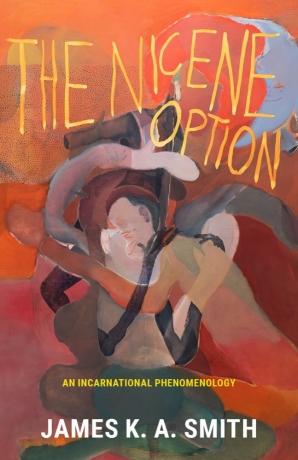The Nicene Option

Christian philosophy and philosophy of religion tend to be dominated by analytic approaches, which have brought a valuable logical rigor to the discussion of matters of belief. However, the perspectives of continental philosophy—in particular, the continental emphasis on embodied forms of knowing—still have much to offer to the conversation and our understanding of what it means to be both rational and faithful in a postmodern world.
The Nicene Option represents the full sweep of James K. A. Smith's work in continental philosophy of religion over the past twenty years. Animated by the conviction that a philosophy of religion needs to be philosophical reflection on the practice of religion, as a "form of life" (as Wittgenstein would say), this book makes the case for the distinct contribution that phenomenology—as a philosophy of experience—can make to philosophy of religion and Christian philosophy. Engaging a range of philosophers in this tradition, including Edmund Husserl, Martin Heidegger, Jacques Derrida, Emmanuel Levinas, Maurice Merleau-Ponty, Jean-Luc Marion, Richard Rorty, and Charles Taylor, Smith's constructive proposal coheres around what he describes as "the logic of incarnation," a "Nicene option" in contemporary philosophy of religion. By grounding philosophy of religion in the doctrinal heart of Christian confession, Smith gestures toward a uniquely robust Christian philosophy.
Besides issuing a clarion call for the renaissance of continental philosophy of religion, The Nicene Option also offers a glimpse behind the scholarly curtain for a wider audience of readers familiar with Smith's popular works such as Who's Afraid of Postmodernism?, Desiring the Kingdom, Imagining the Kingdom, and You Are What You Love—all of which are tacitly informed by the phenomenological approach articulated in this book. As an extended footnote to those works—which for many readers have been gateways to philosophy— The Nicene Option presents an invitation to a new depth of reflection.






